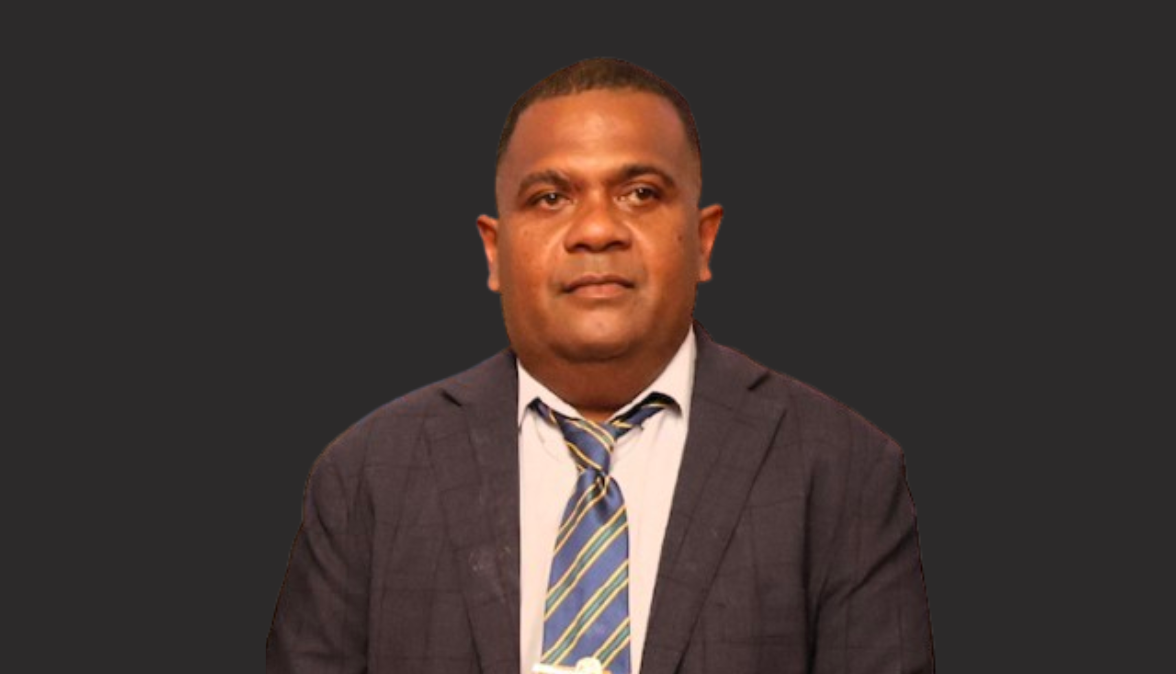
by Georgina Maka’a
Newly-installed Finance and Treasury minister Trevor Manemahaga says the decision to revoke the earlier suspension on the use of Sufferance Wharves came from Cabinet.
In a statement the Prime Minister’s Office issued today in the wake of the Sufferance Wharves uproar, Manemahaga said the Cabinet directive was made on 3 June 2025.
“The directive calls for the establishment of a special committee to review the status of sufferance wharves, including Leroy Wharf (Leroy was declared an international port in late 2024),” Manemahaga said.
“Cabinet had agreed that proper consultations with stakeholders and a full analysis must take place before a final decision is made,” he added.
“Until the committee completes its work and presents its report to Cabinet, the status quo must remain.
“This ensures that national projects and businesses can continue their operations without unnecessary disruption.”
The statement however, failed to discuss one of the contentious issues in the sufferance wharves saga: the removal of Harry Kuma from the Finance ministry.
Prime Minister Jeremiah Manele made a sudden reshuffling on 28 August 2025 that saw Kuma being swapped with Manemahaga.
Two weeks earlier, Kuma directed the acting Comptroller of Customs John Lagi to suspend the use of sufferance wharves in the country. A sufferance wharf is any loading or unloading site not formally designated as a port, but where the Comptroller of Customs may permit operations under specific conditions.
Four days after assuming his new role, Manemahaga directed Lagi to revoke the suspension letter he issued earlier under Kuma’s instructions.
It’s been widely claimed that Kuma was removed from Finance at the behest of operators of the sufferance wharves, who are mostly Asian loggers.
But Manele had dismissed the claim, saying there were no external pressures on his decision to remove Kuma.
Meanwhile, Manemahaga said sufferance wharves play an important role in facilitating break-bulk cargo such as cement, reinforcement rods, steel and other specialised equipment that are vital for infrastructure projects and essential for households.
“Their continued use has also helped drive down prices, creating economic efficiency which benefits ordinary Solomon Islanders through affordable prices of cement and steel.
“All wharf operations remain subject to Customs and Biosecurity processes, including advance cargo manifests, inspections, and payment of duties and taxes.
“This means revenue is collected while trade and private sector development are supported,” he said.
Manemahaga stated that the final decision on suffrage wharves will be made once the special committee has completed its review and submitted recommendations to Cabinet.
“My responsibility is to ensure that decisions are taken in the best interest of the nation, based on evidence, consultation, and proper process, not in the interest of individuals.
“The committee’s report, expected before the end of October, will guide the Cabinet’s final decision,” he said.
